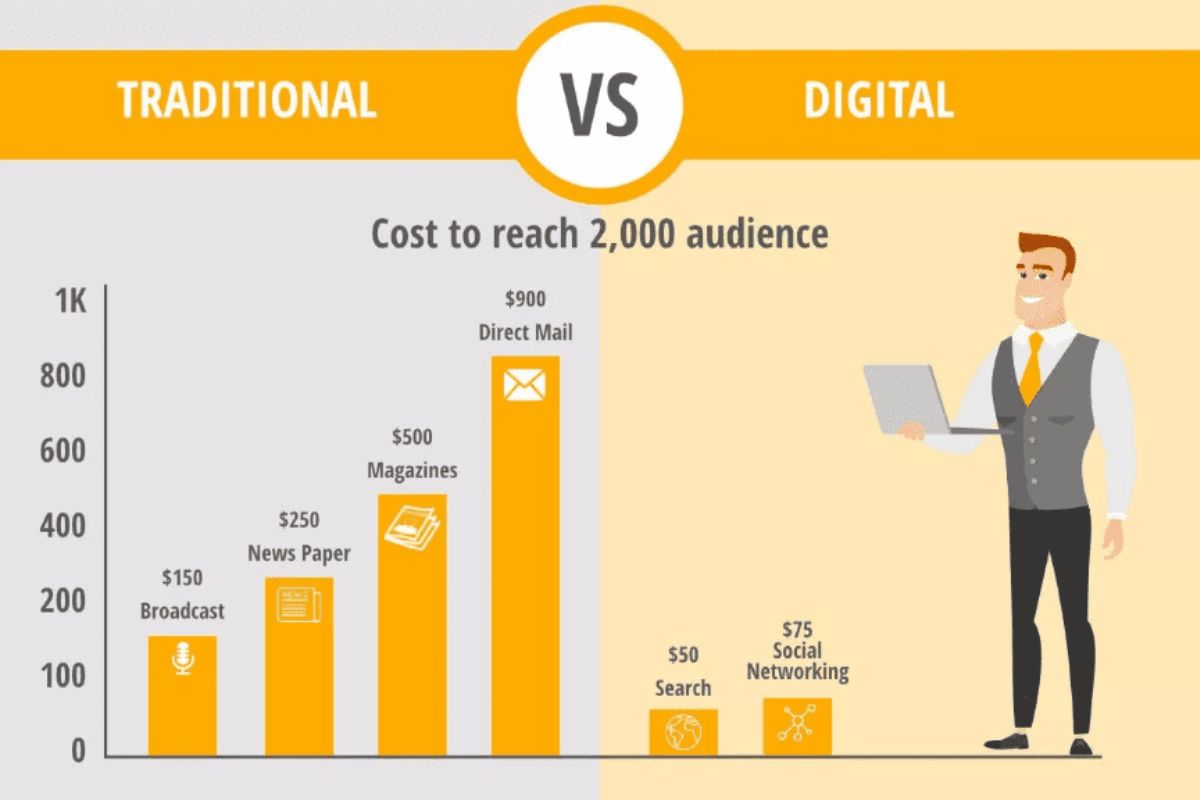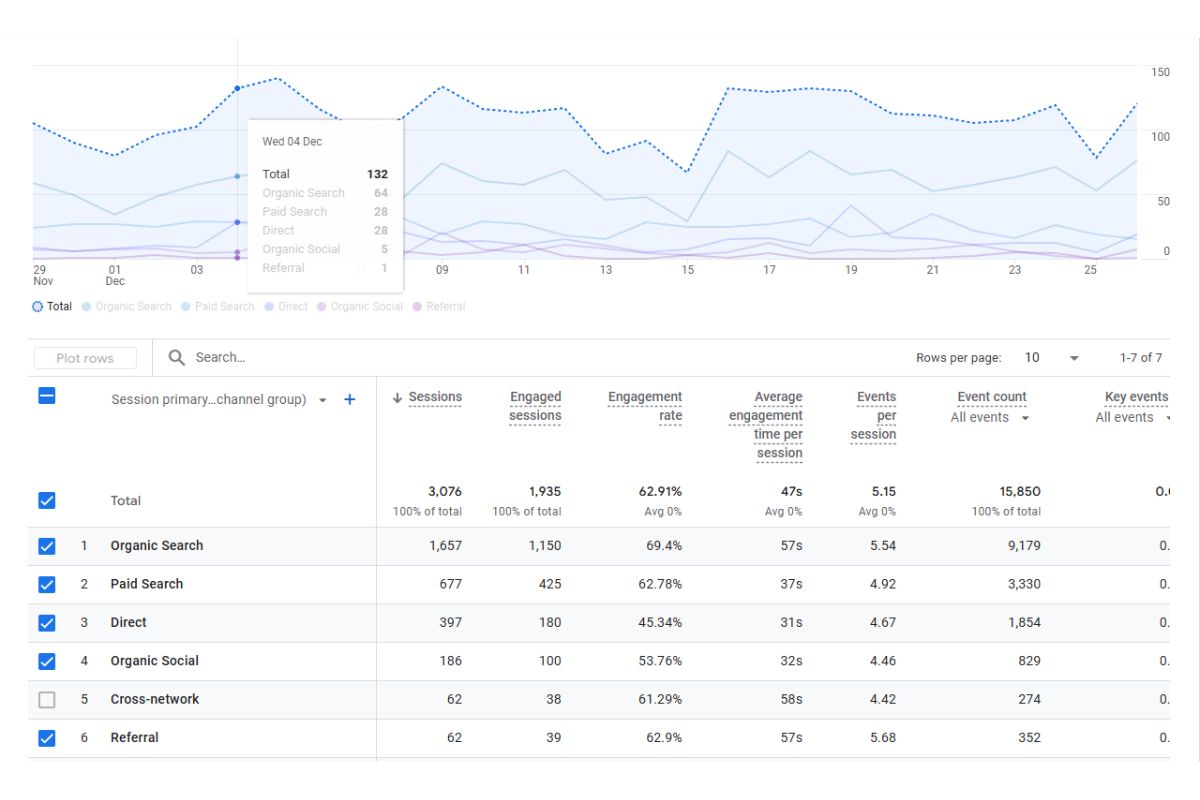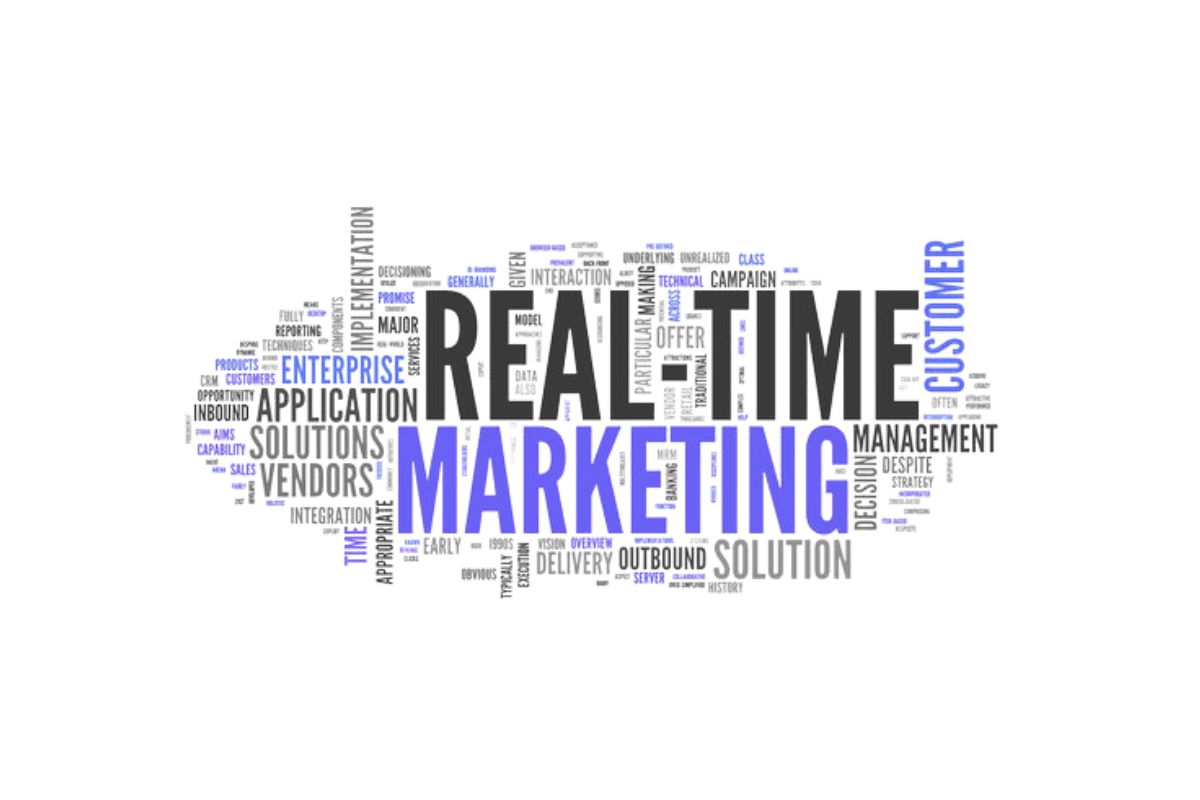If you own a small business, you want to stay ahead and reach your audience well. Digital marketing offers many benefits to help you do this. It’s key to know these benefits to succeed today.
Digital marketing boosts your brand’s visibility and saves money. It also lets you target your audience better. These advantages can elevate your business and keep you competitive. Let’s dive into the top 10 benefits for growing your business.
Key Takeaways
- Digital marketing offers numerous benefits for small businesses, including increased brand visibility and cost-effective marketing solutions.
- The benefits of digital marketing can help you reach your target audience more effectively and stay ahead of the competition.
- Digital marketing advantages include precise audience targeting capabilities and measurable results.
- By understanding the benefits of digital marketing, you can make informed decisions about your marketing strategy.
- Digital marketing can help you grow your business and stay competitive in the market.
What Is Digital Marketing?
Digital marketing is a way of promoting products or services using the internet and digital platforms. It involves reaching people through channels like websites, social media, email, search engines, and mobile apps. The goal is to connect with your audience online, where they spend a lot of their time.
Digital marketing includes activities like posting on social media, running online ads, sending emails, and creating content for websites. It’s an effective way to reach a large number of people and build relationships with them. Businesses use digital marketing to grow, attract new customers, and stay connected with their audience.
Top 10 Benefits of Digital Marketing
Digital marketing has revolutionized the way businesses connect with their audience. In today’s digital age, companies of all sizes are using online platforms to grow and reach their target customers. This blog explores the top 10 benefits of digital marketing and how it can transform your business.
1. Enhanced Brand Visibility and Recognition
As a small business owner, you know how key a strong online presence is. Digital marketing can greatly help, letting you reach more people and boost your brand’s image. By using digital marketing, you can create a unified online brand that speaks to your audience.
With digital channels like search engines, social media, and content marketing, you can get your brand seen by more people. For example, SEO can make your website show up higher in search results. This means more people will find and visit your site. Social media lets you connect with your audience and grow your brand’s fame.
- Develop a consistent brand voice and message across all digital channels
- Utilize SEO techniques to improve website visibility and drive organic traffic
- Leverage social media platforms to engage with your audience and build brand awareness
By using these strategies, you can make your brand more visible online. This can lead to more people knowing about your brand. The benefits of digital marketing for small businesses are many. Understanding these benefits can help you grow your business and succeed.
2. Cost-Effective Marketing Solutions
As a business owner, you’re always looking to stretch your marketing dollars. Online marketing is a big win here. It’s way cheaper than old-school ads.
Online marketing has many perks for brands. For example, it lets you target the right people, making sales more likely. Plus, social media and email are cheap ways to find new customers.
Comparison with Traditional Marketing Costs
Old-school ads like print and TV can cost a lot and reach fewer people. Digital marketing, on the other hand, offers many affordable options. These include:
- Social media ads that hit the right people
- Emails that speak directly to your audience
- SEO to get your site seen first online
Budget Allocation Strategies
To make the most of your digital marketing budget, plan wisely. Here are some tips:
- Know what you want to achieve with your campaign
- Find out who you’re trying to reach and tailor your ads
- Keep an eye on your spending and adjust as needed
3. Precise Audience Targeting Capabilities
Digital marketing lets you target specific audiences with great precision. It uses advanced tools to find your ideal customer. This means your marketing is more likely to hit the mark, leading to more sales.
Targeting your audience well has many benefits. You can segment your audience, retarget users, and make your messages personal. This approach boosts your conversion rates and saves money. Some key benefits include:
- More relevant ads, leading to better engagement and sales
- More efficient use of your marketing budget, focusing on interested users
- A better customer experience, thanks to personalized messages
Digital marketing unlocks the power of targeting your audience well. It helps your business grow and makes your marketing more effective. With these advantages, you’re ready to succeed in today’s marketing world.
4. Measurable Results and Analytics
Digital marketing is key for businesses because it lets you measure your efforts. You can see what works and what doesn’t. This helps you make better choices for your marketing.
Tracking important numbers like website visits and how people engage with your content is crucial. This way, you can spot what needs work and make your campaigns better. Key numbers to watch include:
- Website traffic and bounce rate
- Social media engagement and follower growth
- Email open and click-through rates
- Conversion rates and return on investment (ROI)
Tools like Google Analytics and social media insights help you understand your audience. This is a big plus of digital marketing. It lets you improve your strategies and get better results.
5. Improved Customer Engagement and Relationship Building
As a small business owner, you know how digital marketing helps you connect with customers. It offers more chances to engage and build relationships. Digital platforms let you talk directly with your customers, creating a community and loyalty.
Here are some ways to boost customer engagement:
- Social media marketing: Share valuable content, answer questions, and chat with your audience on social media.
- Email marketing: Send personalized emails with special offers, updates, and tips about your business.
- Chatbots: Use chatbots on your website for quick support and answers to common questions.
These strategies help you build strong customer relationships. This leads to more repeat business and good word-of-mouth. Digital marketing’s impact on customer engagement is big. By using these tools, you can stay ahead and grow your business over time.
Start Your Digital Marketing Journey Now
If you want to learn digital marketing, join the Digital Marketing Specialist Program offered by Bright Future Training Institute.
6. Global Market Reach from Local Operations
As a small business owner, you can now reach more customers worldwide. Online marketing lets you do this from your local spot. The internet helps you connect with people everywhere.
With digital marketing, you can make plans for reaching out to people globally. You might need to make content for different cultures. You also have to follow rules for selling online across borders.
- Understanding local customs and preferences
- Adapting your marketing message to resonate with local audiences
- Ensuring compliance with local laws and regulations
Breaking Geographical Barriers
Digital marketing lets you go beyond where you are. It’s great for small businesses that can’t be everywhere. You can sell to people far away and grow your business big.
International Marketing Strategies
To market worldwide, you need a special plan. You should study the market, see who your competitors are, and find what makes you special. This way, you can use online marketing to grow your business.
7. Real-Time Marketing Adjustments and Flexibility
Digital marketing lets you change your plans quickly. This is a big plus. You can adjust to new market trends, customer feedback, or how well your campaigns are doing. This gives you an edge over old-school marketing.
With digital marketing, you can make changes fast. For example, you can test different ads or emails. Then, you can change your strategy based on what works best. You can also make your messages more personal and adjust your campaigns to match what your audience likes.
Some key ways to make real-time changes include:
- Watching how your campaigns do in real-time to find ways to get better
- Using data to help make your marketing choices
- Testing different versions of ads or emails to see what works best
- Changing where you spend your budget to get the most value
By using digital marketing and making changes as you go, you can stay ahead. You can get more people to buy from you and reach your business goals.
8. Enhanced Customer Service Through Digital Channels
As a business owner, you know how key good customer service is. It builds trust and loyalty. Digital marketing helps a lot here. It gives you tools to serve your customers better.
With digital marketing, you can offer support through many channels. This includes social media, email, and live chat. Customers can pick how they want to talk to you. This makes it easier for them to reach out.
Also, digital tools let you help customers before they even ask. You can send answers to common questions or suggest things based on what they like. This makes your service more personal and helpful.
Social Media Customer Support
- Respond to customer inquiries on social media platforms in a timely and personalized manner
- Use social media analytics to track customer engagement and sentiment
- Provide customer support through social media messaging apps, such as Facebook Messenger or Twitter Direct Messages
Digital Communication Tools
Digital tools like live chat and email help you support customers fast. They cut down on wait times and make customers happier. This can make them more loyal and spread good word about your business.
9. Competitive Advantage in Local Markets
As a small business owner, you can use digital marketing to stand out in your local market. Digital marketing helps you compete with big companies and build a strong online presence.
Digital marketing offers many benefits for small businesses. One big plus is targeting local customers. You can find people looking for what you offer in your area. Also, make your Google My Business listing better to show up more in local searches.
To get ahead and build a good online image, try these tips:
- Claim and optimize your online directories and listings
- Encourage customers to leave reviews and feedback
- Respond quickly to online reviews and comments
- Use social media to connect with your local community
By using these strategies, you can draw more local customers to your business. The secret to success is great customer service and a strong local reputation.
10. Integration with Traditional Marketing Efforts
When looking into online marketing, think about how it can work with your old marketing ways. Digital marketing can make your brand message stronger. It can also help your old marketing reach more people and get more sales.
Digital marketing lets you see how well your old marketing works. You can use digital tools to learn more about your marketing. This way, you can make your marketing better and give customers a smooth experience everywhere.
Creating a Unified Marketing Strategy
To make your marketing work together, follow these steps:
- Make sure your digital and old marketing goals match
- Use digital tools to see how well your old marketing does
- Connect digital marketing like social media with old marketing like ads
By mixing digital and old marketing, you can make your marketing better. This mix can help you reach more people and get more sales. It’s a strong way to connect with your audience.
Additional Benefits of Digital Marketing
- Lead Generation and Sales Conversion Optimization.
- Building Long-Term Customer Relationships
- Mobile Marketing Opportunities
Lead Generation and Sales Conversion Optimization
Digital marketing can greatly improve your lead generation and sales conversion. It lets you target specific audiences and create personalized experiences. This drives engagement and conversion. Using content marketing, social media, and pay-per-click ads can attract quality leads and guide them through the sales funnel.
To boost your lead generation and sales conversion, try these strategies:
- Make effective landing pages that speak to your audience.
- Use lead magnets like e-books or webinars to get contact info.
- Send valuable emails to nurture leads and build trust.
Improving your conversion rates is key. Use A/B testing, enhance user experience, and write persuasive copy. Analyze your website to find areas for improvement. This way, you can increase your conversion rates.
Digital marketing offers many benefits. By using these strategies, you can get more leads, conversions, and revenue. Stay ahead of the competition and reach your business goals by embracing digital marketing.
Building Long-Term Customer Relationships
Digital marketing is key for your business. It helps build lasting customer relationships. This is done through digital tools that make experiences personal, build loyalty, and get customers to come back.
Knowing what your customers want lets you make campaigns just for them. For example, emails can keep you on their mind. Ads can remind them of your products. Content marketing builds trust and makes your brand a leader in your field.
Customer Retention Strategies
- Implementing loyalty programs that reward customers for repeat purchases
- Using customer data to create personalized experiences, such as tailored recommendations and exclusive offers
- Developing engaging content that addresses customers’ pain points and provides value
Loyalty Program Implementation
Digital loyalty programs offer rewards and discounts to loyal customers. They track what customers buy and like. This helps improve marketing and makes customers happier. It’s why digital marketing is great for keeping customers and growing your business.
Mobile Marketing Opportunities
If you own a small business, you know how important digital marketing is. It has many benefits, especially for mobile marketing. Most people use their phones to look up and buy things online. So, it’s key to make your digital marketing work for mobile users.
Mobile marketing offers many chances for small businesses. You can make your website easy to use on phones, create apps, send SMS messages, and use location-based ads. These steps can help you get more people to visit your site and sell more. Digital marketing on phones is big, and using mobile-specific tactics can help you win.
Some important mobile marketing ideas include:
- Make your website easy to use on phones for a better user experience
- Use location-based ads to reach people near you
- Send SMS messages and emails that work well on phones
- Try new things like voice search and augmented reality
By using mobile marketing, you can grow your small business. Keep up with the latest trends and tips to make your efforts pay off.
Final Thoughts
Digital marketing can really change your small business. It helps you get seen more and spend less. You can also see how well it works and reach people all over the world.
Using digital marketing lets you compete better. It helps you connect with your audience and grow in a lasting way. The benefits of online marketing and digital marketing benefits for brands give you a chance to succeed.
It’s time to start using these digital marketing strategies. Keep up with new trends and tech to stay ahead. Digital marketing can make your business grow and succeed for a long time.

















